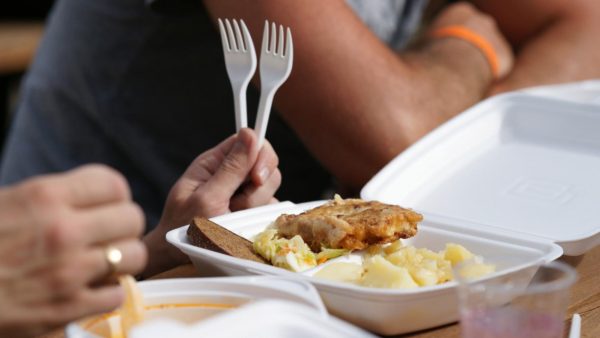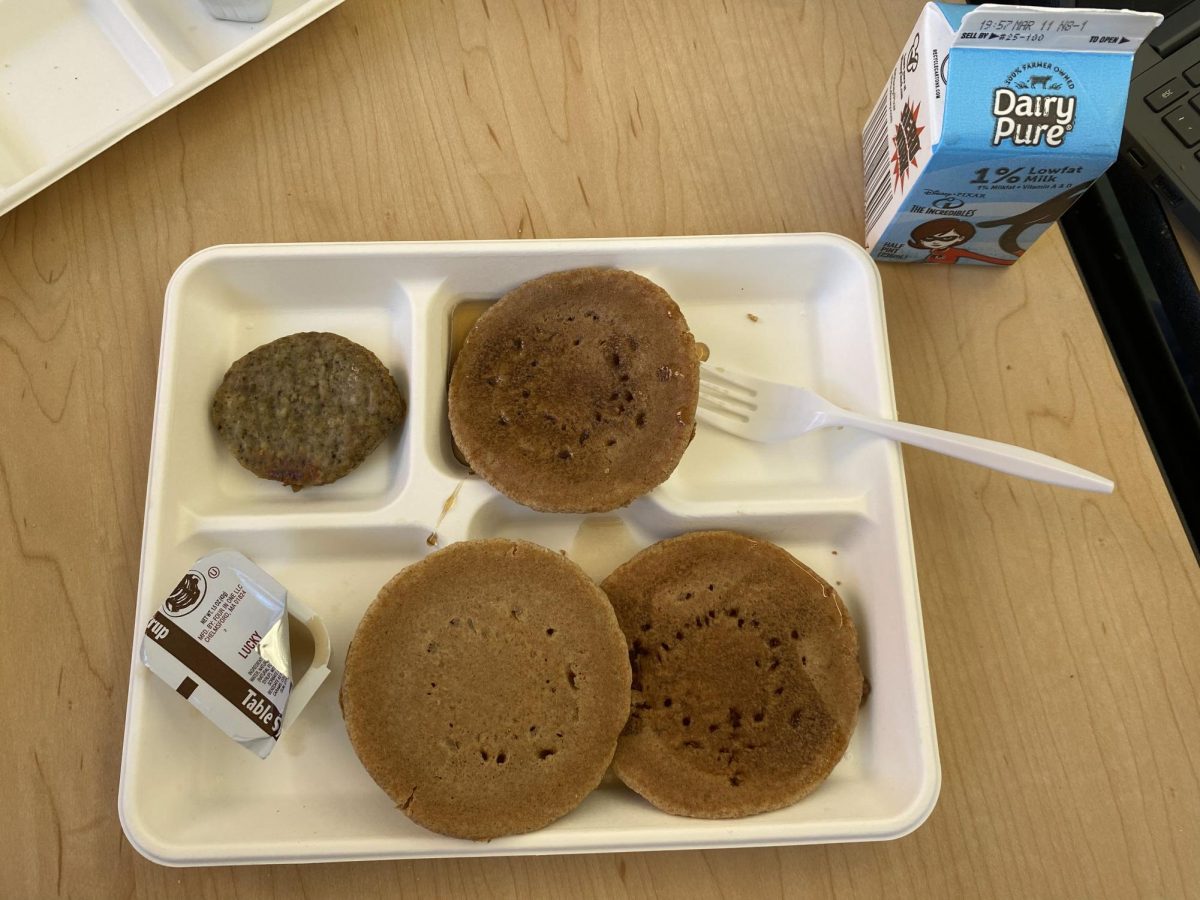Plastic utensils are a very accessible resource for schools to use in lunches. It is something that has been used for decades. Plastic utensils allow them not to have to rethink their system, get new utensils, and plan out how they will clean them or get kids to dispose of them properly. It is very convenient. But, how much is this convenient system jeopardizing our planet’s health or even our own?
Plastic utensils can take up to 1,000 years to fully decompose. That is if they are disposed of properly. Ms. LaFrance, a science teacher at IHS, stated “Many people think plastic utensils are recyclable. Once they throw them in the recycling it is not their problem anymore. This causes a huge problem in landfills or countries that do not have proper waste reduction systems.” When they are not properly disposed of, plastic utensils can get into things like our waterways, streets, and forests. Then the plastic will start to break down which can release a lot of toxic chemicals or animals may eat it and be negatively impacted. When this is paired with thousands of schools across the country that have hundreds of students using unnecessary plastic every day, it is detrimental to our planet.

Schools use a lot of plastic every single day which causes a large increase in plastic production. During plastic production, it takes a lot of energy and carbon to make the plastic. Then a lot of harmful chemicals are released into the air which can impact the environment and our health. Corinne Anderson, a senior at IHS, reported that “Almost everything in the cafeteria is wrapped up in plastic. The sandwiches, snacks, and drinks are all plastic. Then on top of that, you need to use a plastic utensil. It is all wasteful.” Walking into the cafeteria, you will find food and utensils excessively wrapped in plastic.
When faced with this issue, many people think that the situation is entirely helpless. There are no better solutions that will keep schools within budget. This, however, is wrong. Plastic utensils are very costly for schools in the first place, so we could use this money to implement more sustainable solutions. Ms. LaFrance reported that other schools have used compostable utensils or even reusable metal silverware. “These solutions seem to work. I think it would be very beneficial, as long as we can figure out how to enforce this system.”
Other IHS students have been in favor of compostable and reusable utensils. If we can figure out a system that can limit the amount of plastic used in the cafeteria and the amount of trash produced by lunches, we can make a huge difference. Annabel Morris, a senior at IHS, said “Getting rid of plastic utensils will make a huge difference. If we make the change to reusable metal utensils or compostable materials like bamboo, it will help the environment a lot.”
Another simple way to help is to educate more people on the effects of plastic on the environment. Many people do not know how bad plastic is for the planet and don’t give it a second thought. When talking to Ms. LaFrance, she emphasized how important it was to just talk about the issue. If people spread the word through things like social media, news advertisements, or even making more classes in schools that focus on the environment and sustainability, it could make a huge difference.




